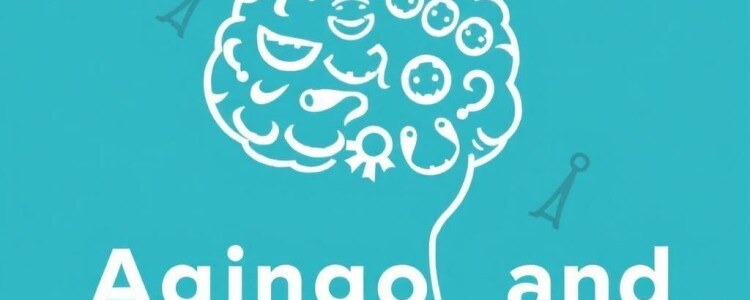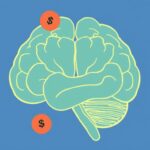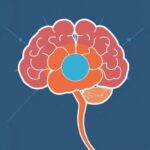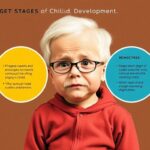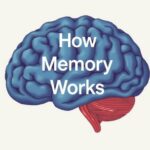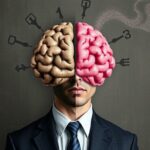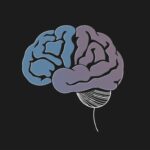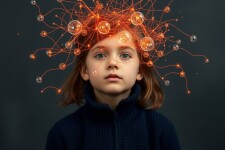Aging is a natural part of life, yet it comes with a unique set of challenges and experiences that affect not just our physical bodies but also our minds. When we talk about aging and mental health, we open the door to a vital conversation about emotional well-being, cognitive changes, and the social dynamics that shape how older adults experience life. This article will guide you through understanding the deep connection between aging and mental health, explore common mental health issues in older adults, and provide practical strategies to promote mental wellness as we grow older. Whether you are aging yourself, caring for an older family member, or simply curious, this comprehensive guide will help you appreciate the importance of mental health in the golden years.
Understanding the Link Between Aging and Mental Health
As we age, our lives undergo significant transformations—retirement, loss of loved ones, changes in physical health, and shifting social roles. These changes can deeply impact mental health. Aging and mental health are closely intertwined because our brain and emotional response systems adapt throughout life. Some of these adaptations might increase vulnerability to certain mental health conditions, while others enhance emotional resilience.
Many people assume that cognitive decline and mental health disorders are an inevitable part of aging, but this is a misconception. While some degree of cognitive change is common, severe mental health problems are not a normal consequence of aging—they often signal the importance of medical or psychological attention. In fact, many older adults experience stable or even improved emotional regulation as they mature.
Common Mental Health Issues in Older Adults
Several mental health conditions tend to be more prevalent or present differently with advancing age. Understanding these issues is the first step toward fostering better support and treatment. Here are some of the key mental health concerns:
- Depression: Depression is one of the most common mental health disorders among older adults. It may arise from grief, loneliness, chronic illness, or chemical changes in the brain.
- Anxiety: Anxiety disorders can affect people of any age but may become particularly troubling in older adulthood, often related to health worries or life transitions.
- Dementia: Dementia, including Alzheimer’s disease, involves progressive cognitive decline, affecting memory, thinking, and daily functioning.
- Substance Abuse: Though less commonly discussed, substance abuse, including alcohol misuse, can impact older adults and exacerbate existing mental health challenges.
- Isolation and Loneliness: Social isolation can seriously affect mental health and is an independent risk factor for depression and anxiety.
How Aging Affects the Brain and Mental Health
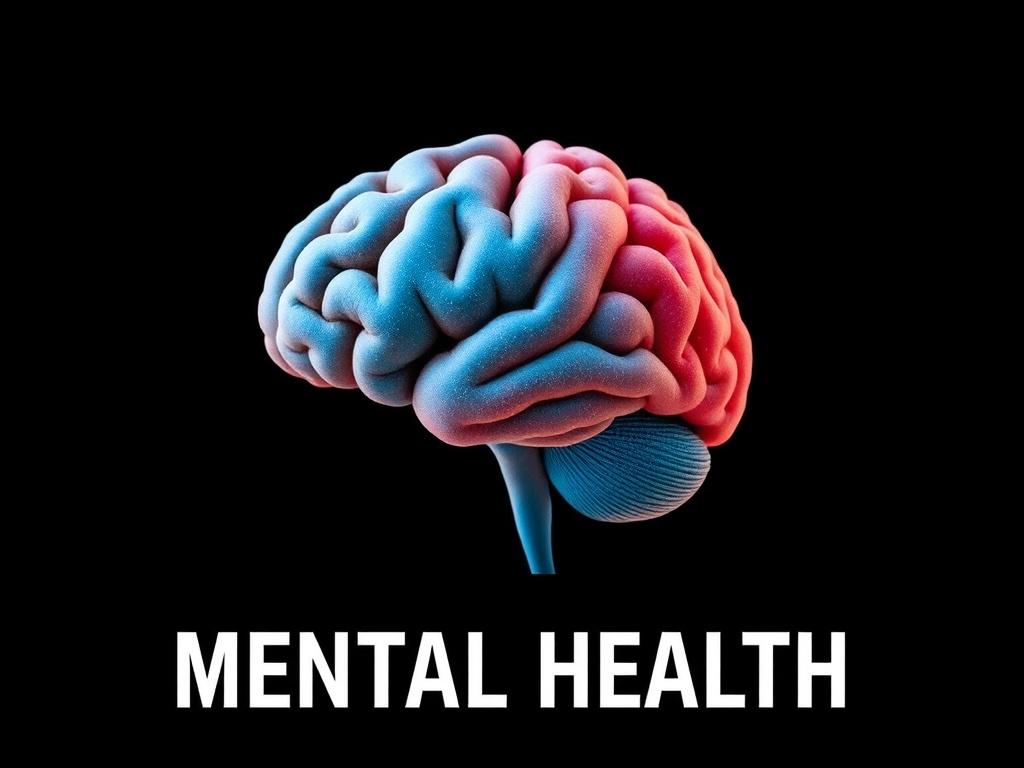
The brain undergoes various changes as we age, some of which influence mental health. It’s important to differentiate normal aging from pathological conditions.
Normal Cognitive Aging vs. Dementia
| Aspect | Normal Aging | Dementia |
|---|---|---|
| Memory | Mild forgetfulness, e.g., misplacing keys | Severe memory loss affecting daily life |
| Thinking Skills | Slower processing speed, but intact reasoning | Impaired judgment and reasoning |
| Functionality | Maintains independence | Requires assistance with daily activities |
Normal aging involves some slowing of mental processes and occasional forgetfulness, but overall cognitive abilities and mental health remain intact. Dementia, on the other hand, represents a serious decline with clear impacts on behavior and emotions.
Neuroplasticity and Emotional Resilience
One fascinating aspect of aging is the brain’s neuroplasticity—or ability to adapt and reorganize itself. Contrary to old stereotypes, older adults often develop greater emotional resilience, managing stress and negativity better than younger people. This emotional wisdom can be a powerful asset in maintaining mental health during life’s later stages.
Risk Factors Impacting Mental Health in Older Adults
Aging is influenced by a variety of factors that can either put mental health at risk or promote wellness.
- Physical Health Problems: Chronic illnesses such as diabetes, heart disease, or arthritis are closely linked with depression and anxiety.
- Medication Side Effects: Some medications taken for physical conditions can affect mood and cognition.
- Loss and Bereavement: Grieving the death of loved ones can lead to prolonged sadness or depression.
- Social Isolation: Reduced social contact and loneliness can worsen mental health outcomes.
- Financial Concerns: Worries about finances may intensify stress, anxiety, and depression in older populations.
Recognizing these risk factors helps caregivers, family members, and healthcare providers offer targeted support that preserves mental well-being.
Protective Factors That Support Mental Health
On the bright side, several protective factors can promote mental wellness in aging, such as:
- Strong social connections
- Engagement in meaningful activities
- Regular physical exercise
- Access to healthcare
- Positive attitude toward aging
Encouraging these can buffer against the challenges of aging and improve overall quality of life.
Strategies to Maintain Mental Health While Aging

Fostering good mental health as we age is both possible and essential. Here are practical methods that can make a significant difference.
Physical Activity and Mental Health
Exercise is not only good for the body; it is a powerful antidepressant and anxiety-reducer. Walking, swimming, yoga, and even gentle stretching can improve mood, sleep, and cognitive function. Try to include at least 150 minutes of moderate physical activity per week tailored to your ability.
Stay Socially Connected
Maintaining strong social ties is crucial. Regular contact with friends, family, community groups, or support organizations reduces loneliness and fosters feelings of belonging. Technology, such as video calls, can also bridge geographical gaps.
Mental Stimulation and Lifelong Learning
Engaging in mentally challenging activities like puzzles, reading, games, or learning new skills promotes brain health and can help ward off cognitive decline. Lifelong learning stimulates curiosity and purpose, enriching daily life.
Manage Stress and Practice Mindfulness
Mindfulness techniques, meditation, and relaxation exercises help manage anxiety and improve emotional regulation. These practices enhance self-awareness and promote peace in the face of life’s uncertainties.
Seek Professional Help When Needed
It is important to understand that mental health challenges are treatable. Therapists, counselors, and medical professionals can provide support through therapy, medication, or combination treatments. Do not hesitate to reach out if feelings of sadness, anxiety, or confusion interfere with daily life.
The Role of Family and Caregivers in Supporting Mental Health
Family members and caregivers play a vital role in the mental health of aging loved ones. Emotional support, companionship, and assistance with healthcare can profoundly influence mental wellbeing. Here are some tips for caregivers:
- Be attentive to signs of depression or anxiety, such as changes in mood or behavior.
- Encourage participation in social and physical activities.
- Promote healthy routines, including nutrition, sleep, and medication management.
- Provide reassurance and empathy during difficult times.
- Respect autonomy and involve the older adult in decisions about their care.
Supporting mental health is a team effort where understanding and patience go a long way.
Resources and Support Systems for Aging and Mental Health

Many organizations and services exist to support older adults’ mental health:
| Resource | Description | Contact/Website |
|---|---|---|
| National Institute on Aging | Information on aging-related health and research | https://www.nia.nih.gov |
| Alzheimer’s Association | Support and education for dementia and caregivers | https://www.alz.org |
| Mental Health America | Resources for older adult mental health | https://www.mhanational.org |
| Local Senior Centers | Social and educational programs for older adults | Varies by community |
Exploring these tools can help individuals and families find the support they need to maintain emotional health.
Conclusion
Aging and mental health are deeply connected aspects of the human experience that deserve attention and care. Although aging can present mental health challenges such as depression, anxiety, or cognitive decline, it also offers opportunities for emotional growth and resilience. By understanding the risk factors, embracing protective strategies, and leveraging support systems, older adults can enjoy fulfilling lives marked by mental and emotional well-being. Whether through physical activity, social connection, lifelong learning, or professional support, the journey of aging can be one of strength, purpose, and joy. Remember, mental health is not just the absence of illness but the presence of wellness, connection, and meaning at every stage of life.

